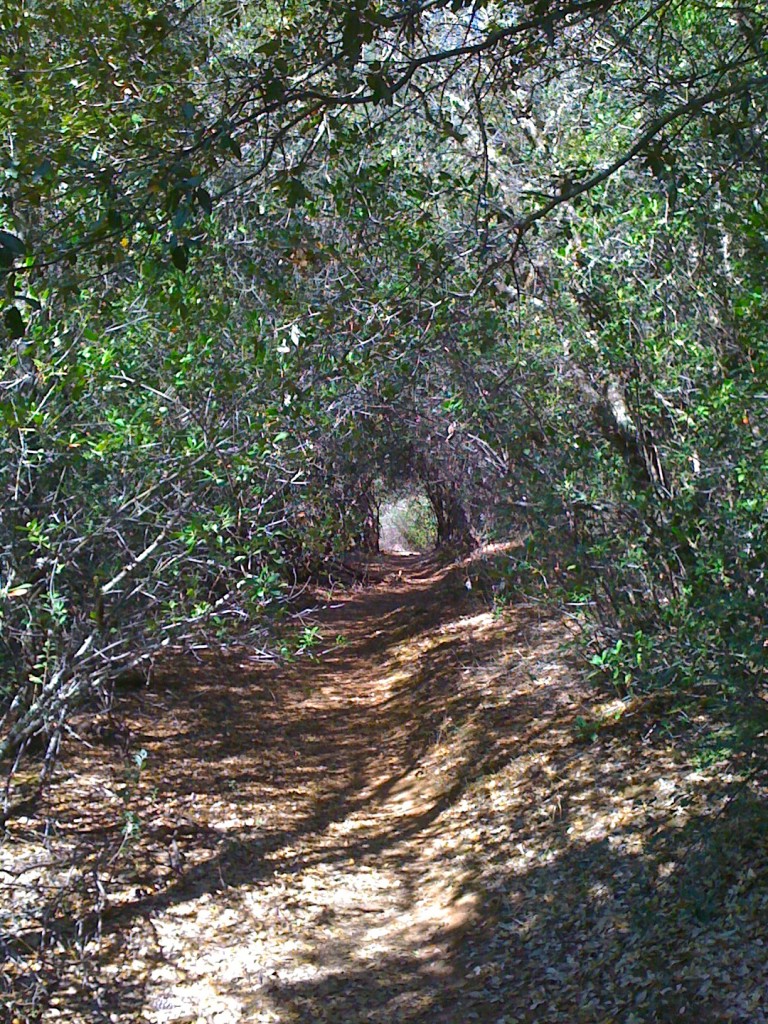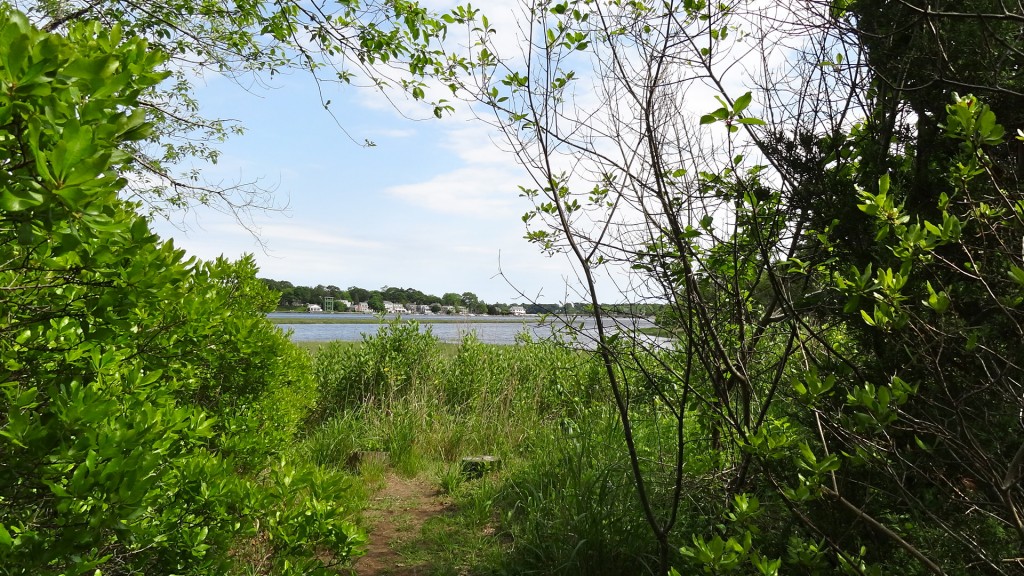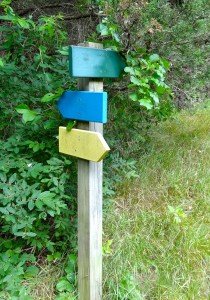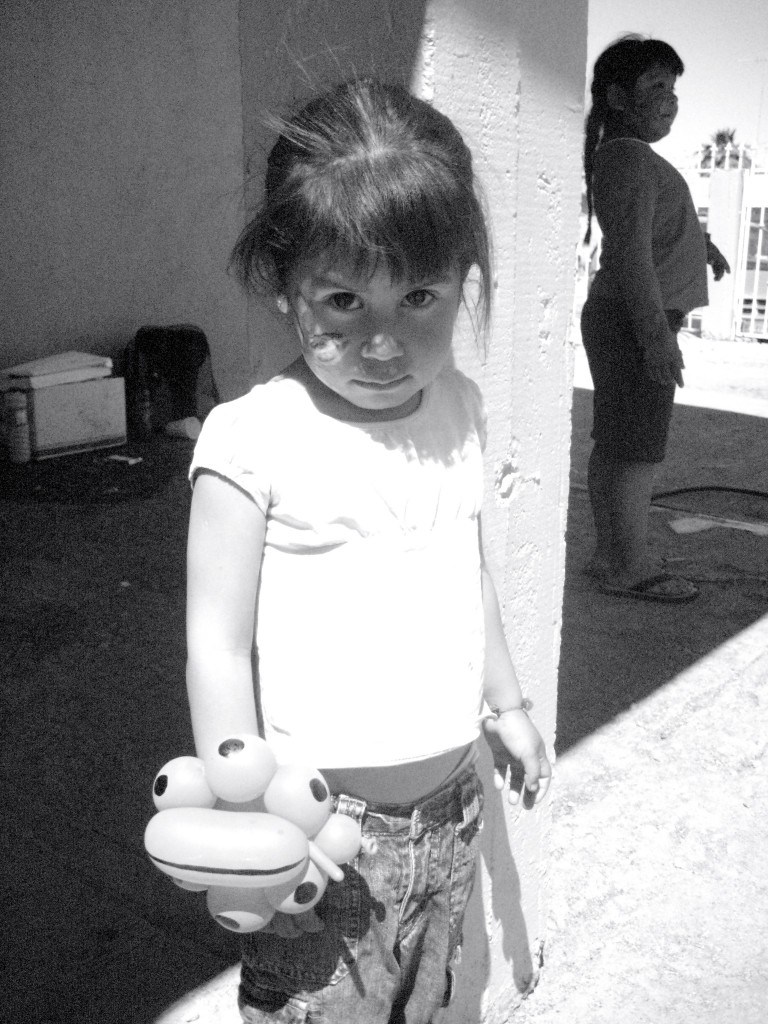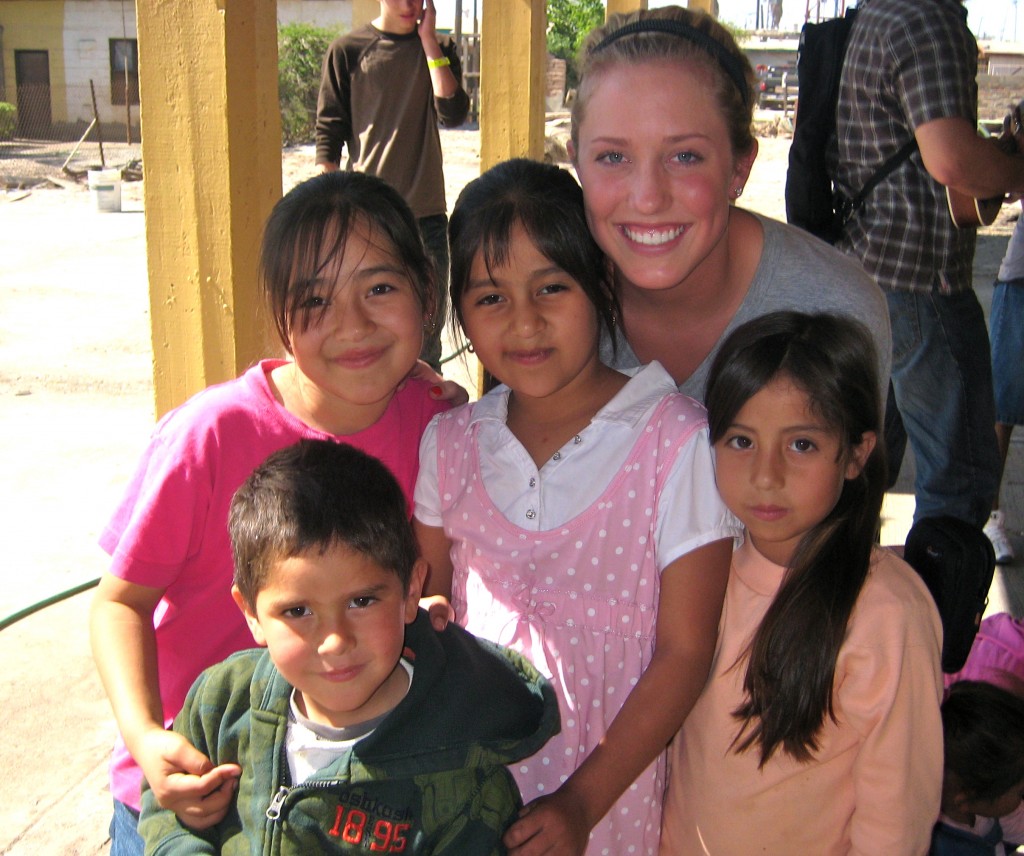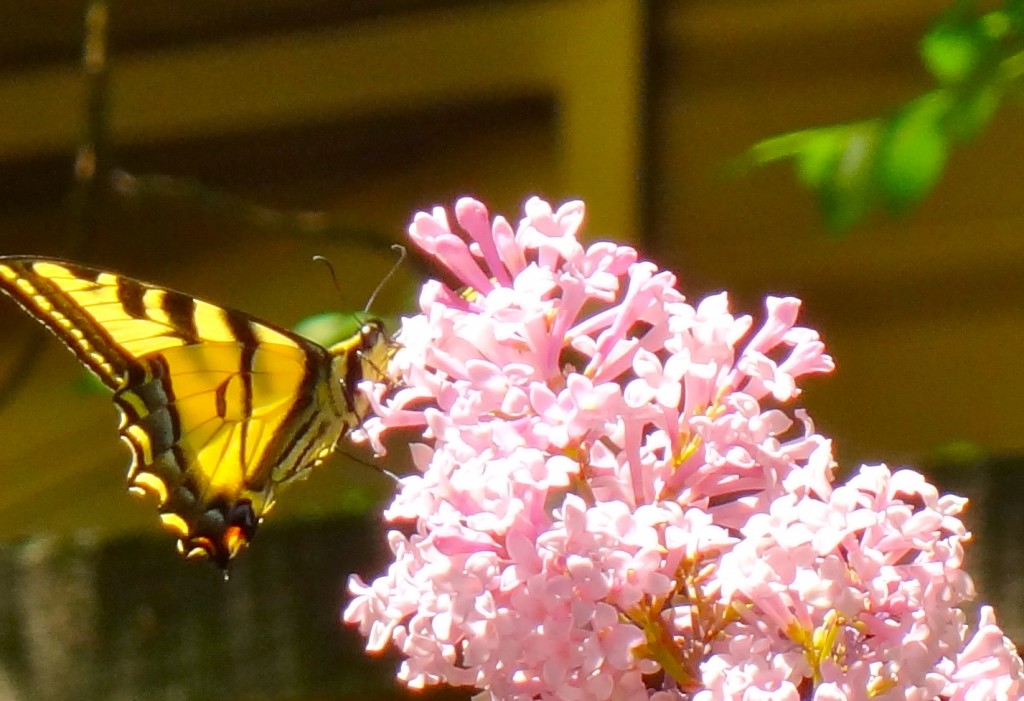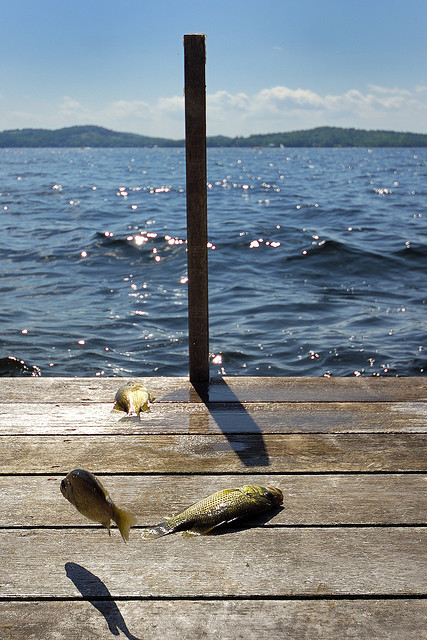Pursue some path, however narrow and crooked, in which you can walk with love and reverence. ~Henry David Thoreau
A new path. Freshly disturbed wildness stirs an unnamed longing. Open meadow, shaded, tangled woods beckon us to leave the known, the obvious, the well-travelled ways, and claim with confidence what others fear.
There is treasure to be found by those willing to leave behind the safe and familiar.
Yet the undertow of safe and familiar is not easily shaken.
The trail to Codfish Falls follows the American River for a few miles, ending at a dramatic 40 foot waterfall.
Along the way, as I navigate the twisting path–avoiding steep drop-offs to the river below–there is no evidence, no sound or sign, until the very last turn, that the path leads to anywhere I hope to be. But I don’t turn back.
Sometimes the path is the point
The Hundred Acre Cove–a New England bird sanctuary, an estuary wound with trails and wooden bridges. As soon as my children walked, the cove became a favorite adventure. Each child in turn proudly led the way–fighting back brambles and branches in seasons of unrestrained growth, eyes searching for remembered landmarks.
Some paths were easy–mower-cut swaths through meadow grass, the blue water orienting. But fainter paths often lured into dead ends, impassable swamps. We turned back, unconcerned–the following, not the ending, was the point.
You are here •
Does the metaphor hit home? Behind you is the broad road, trampled and known. Ahead is a path of sorts. Untamed, twisting, from here you can’t tell–will it open to breath-taking landscapes, or abruptly end? You look down and find your feet committed to what your heart still fears.
My feet are there too.
But I’ve forgotten the lessons of cove and codfish and am obsessed with the end. I want to know why, when and where the path will finish. I want clear reasons why the familiar must be abandoned, and a detailed map of what is ahead.
I share this with God, and he just smiles…
Are you being led into unknown territory? Are you exhilarated or afraid?
